Helen Money
Sports and Exercise Nutritionist based in Oxford, UK
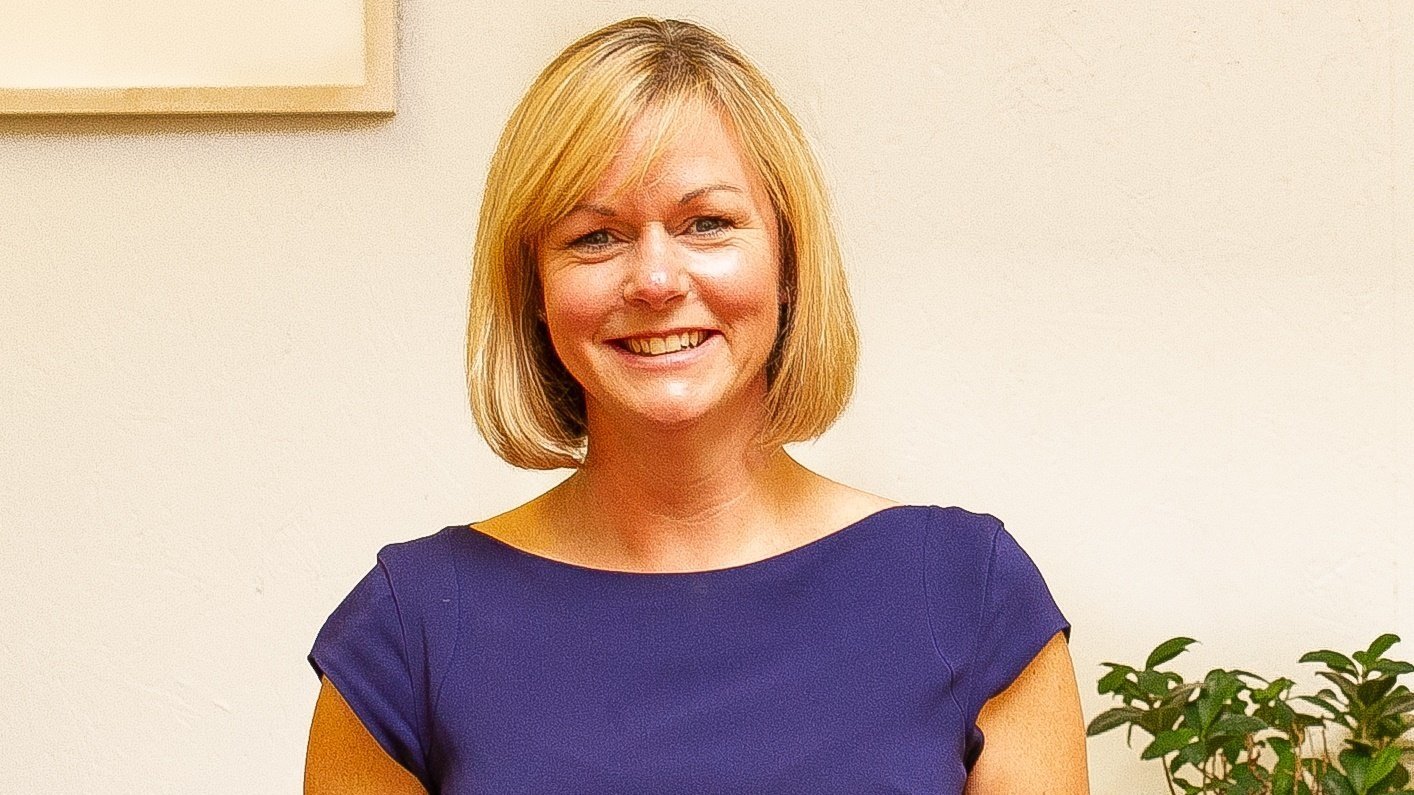
Helen’s Bio
Helen holds a BSc in Human Nutrition and an MSc in Applied Sports Nutrition and has been providing nutrition advice for over 14 years to support performance and well-being. Helen works closely with clients to provide advice that is tailored to their individual needs, training and lifestyle.
Helen is very experienced in nutrition for all triathlon distances and associated training programs having worked with Tri Training Harder clients for 9 years. Outside of triathlon Helen has experience in a wide range of sports and is contracted by Oxford University to provide nutrition support to the Blues teams and elite-level student-athletes. Helen also practices at the Bosworth Clinic. Helen has previously worked for The Nutrition Society and is now a consultant to Cambridge University Press working on The Nutrition Society’s world-leading research journals. Helen is also a guest lecturer at the University of Westminster.
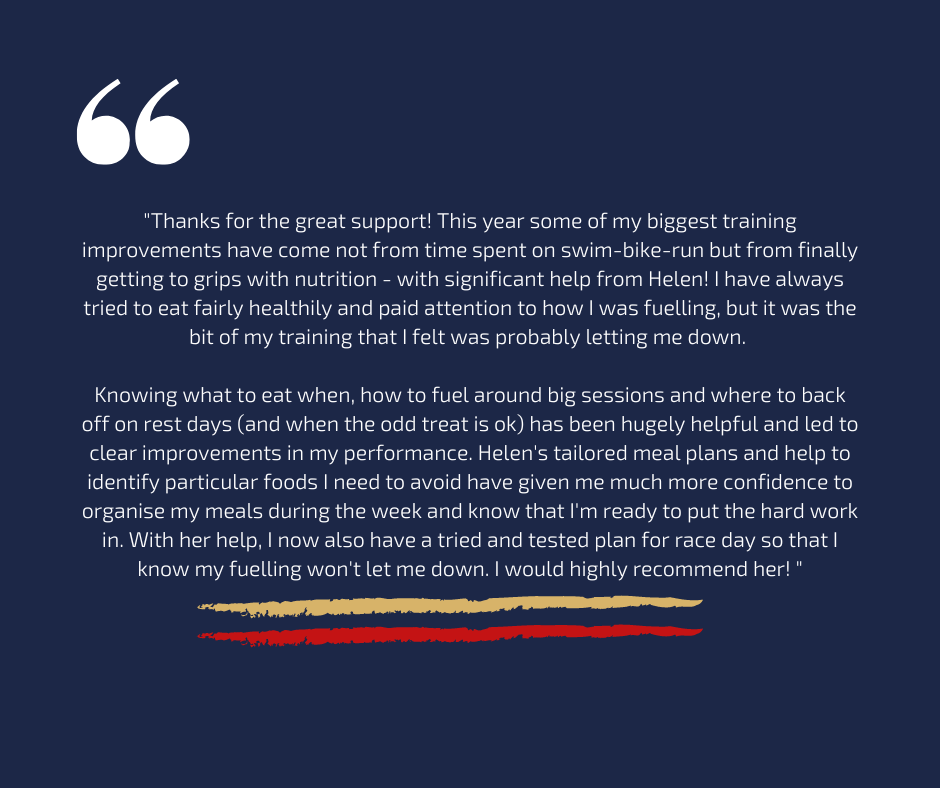

Read Helen’s latest articles and others on nutrition
As we seem to have had two back-to-back washout weekends for British racing, coach Philip discusses how to prepare to race in the rain in this latest article.
“You shouldn’t practice anything new on race day.” This age-old piece of advice is especially true for nutrition and fuelling strategies. Nevertheless, it is something athletes seem to neglect when it comes to fuelling. In this article, Coach Philip explores how to practice your fuelling strategy for race day.
After two years of asking athletes to track their energy availability, Coach Philip discusses his learning observations below.
In this latest article, coach Philip explains why knowing your sodium loss from sweat is critical for endurance athletes. Read on to find out why sodium losses should be measured if you are doing a race that needs a nutrition strategy.
A strong foundation of a healthy diet is a great starting point, but when training, it is crucial to ensure that energy used is replaced in a form which is readily accessible. Coach Denise looks at how much fuel is needed, in what form, and some other reasons to train your fuelling strategy well before race day.
In this two-part blog, Coach Jon Reilly investigates sweat testing: what is it, how does it work and do you need to do it? The first part looks at fluid loss, and the second one at sodium loss. Let’s find out more.
In this two-part blog, Coach Jon Reilly investigates sweat testing: what is it, how does it work and do you need to do it? The first part looks at fluid loss, and the second one at sodium loss. Let’s find out more.
In this final of three articles, Coach Kevin looks at reintroducing carbohydrates after becoming ‘fat'-adapted’ through a low-carb, high-fat diet. This is pertinent to those who are working in a low-carb environment but want to perform. Carbohydrate periodisation is all about timing your intake to facilitate bouts of higher intensity training or racing. Read on to find out more.
In this blog, Coach Alan writes about why body composition is far more important to athletic performance than weight.

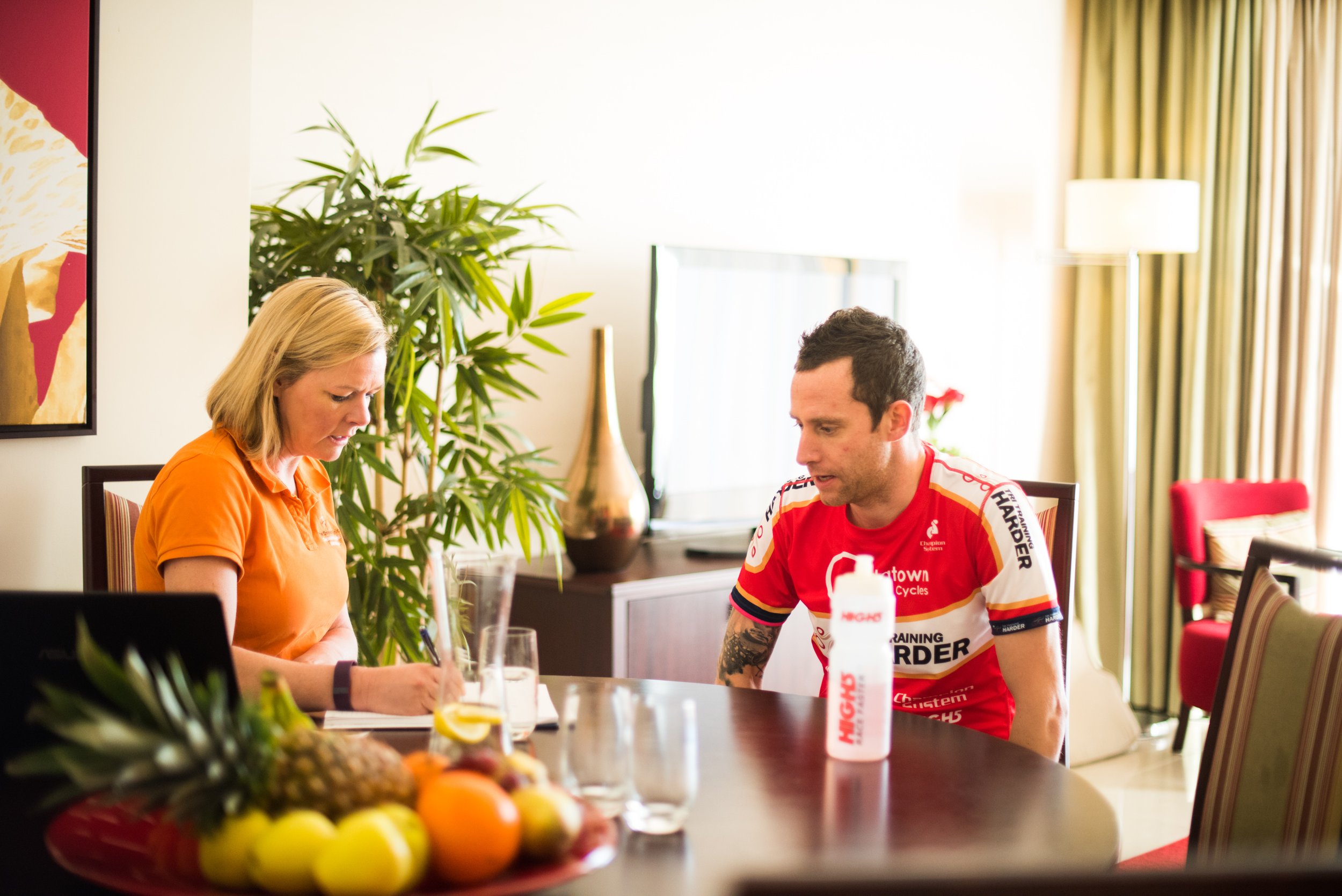
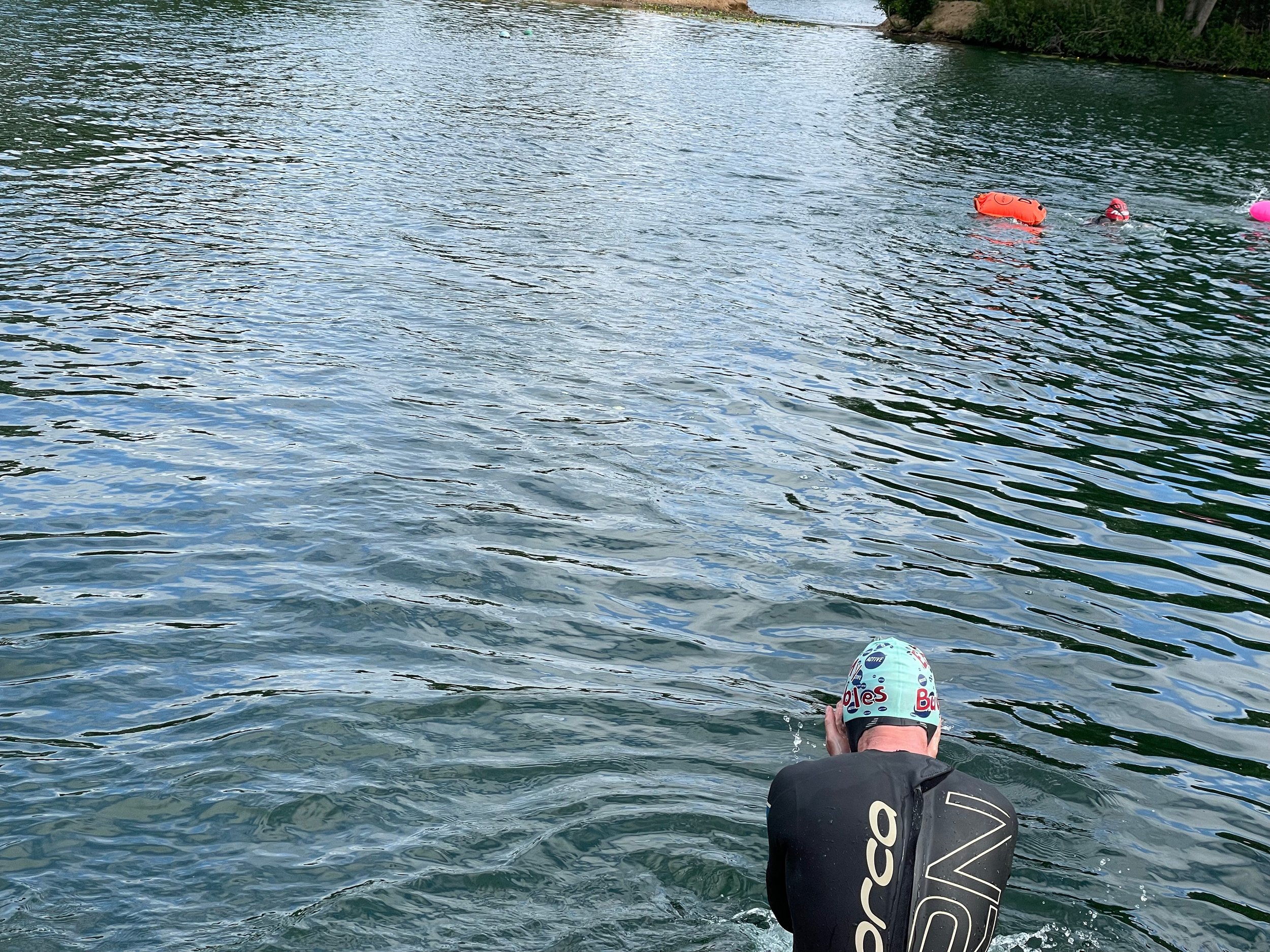
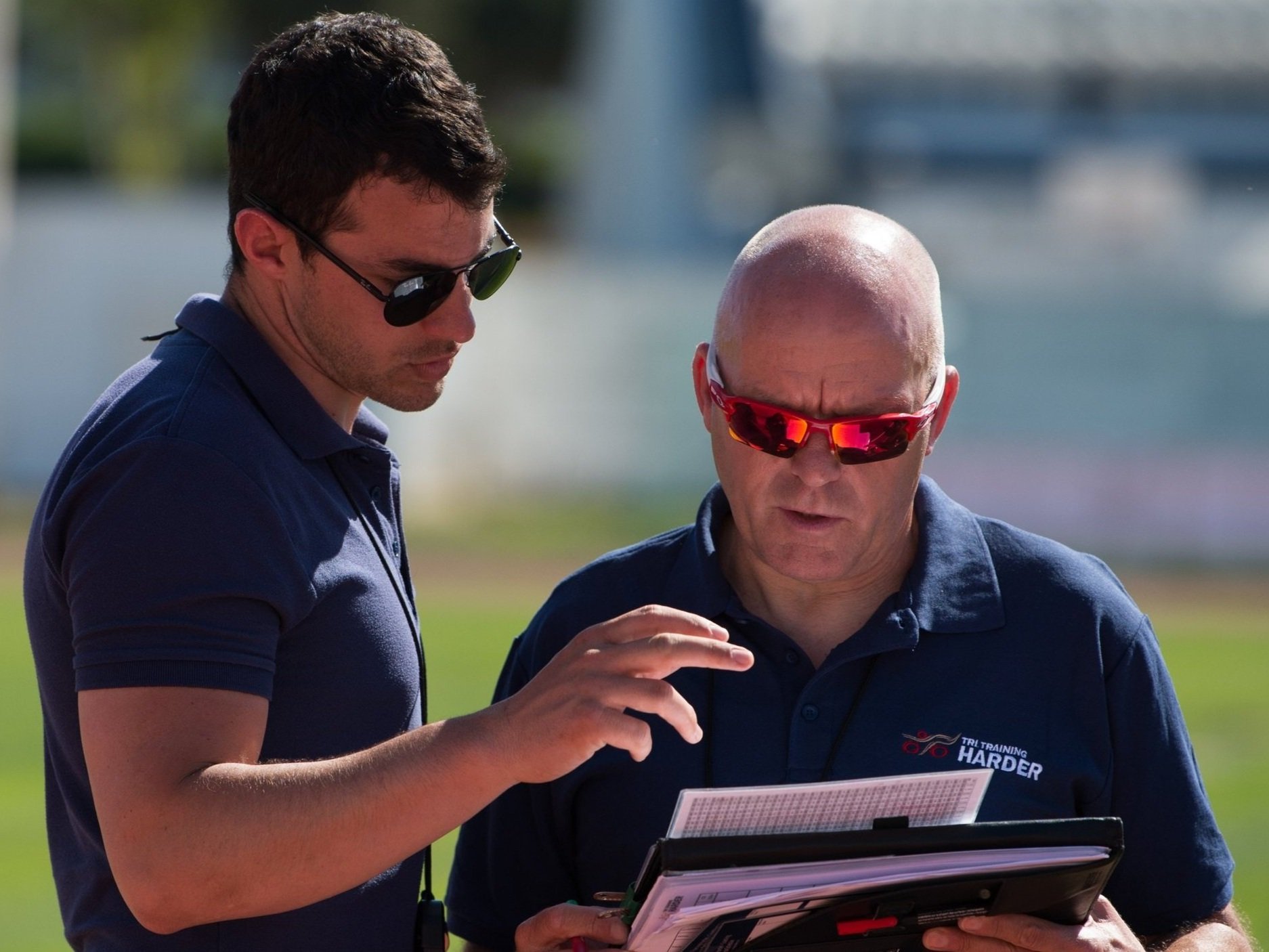







Every year, nutrition and its strategies take centre stage in our conversations with athletes. It's a subject that sparks genuine curiosity and interest. Yet, the challenge lies in translating this knowledge into effective race strategies. Coach Philip delves into some common pitfalls in nutrition strategy, emphasising the potential for significant performance improvements.